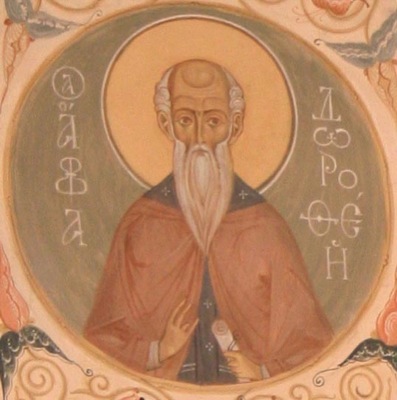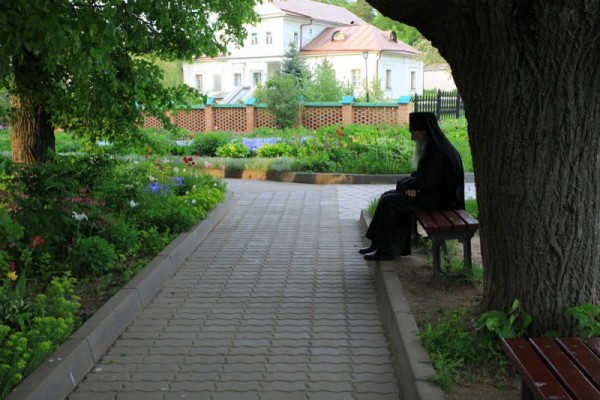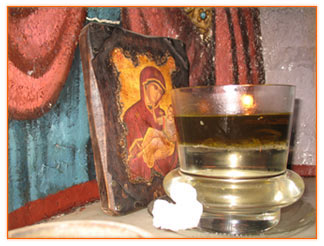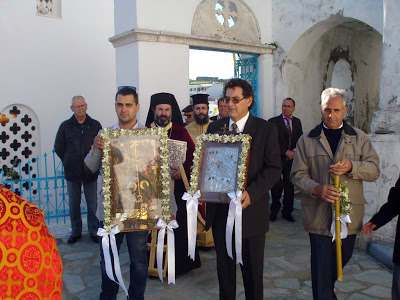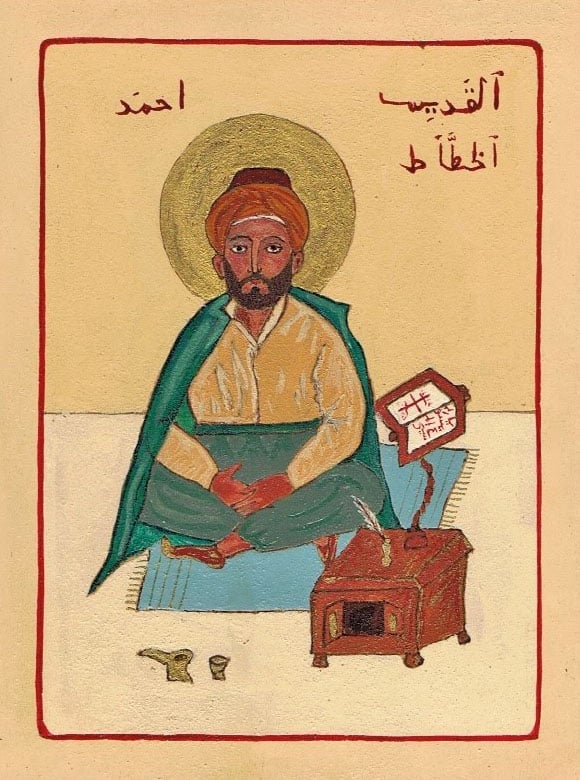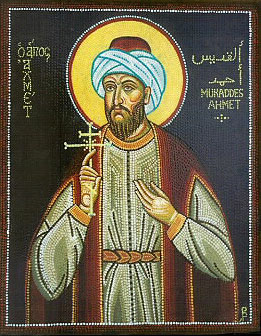Those who withdraw themselves from Christ are deprived of divine enlightenment, for like fools they forsake sun-drenched places so as to retire to the shade. Hence, it is natural for them to be cold and fall spiritually ill.
God has endowed us all with gifts, but not all of us utilize them for the salvation of our souls and the salvation of our fellow men.
Instead, most of us, most of the time, use them to the detriment of others and ourselves.
St. Paisios
St. Paisios


